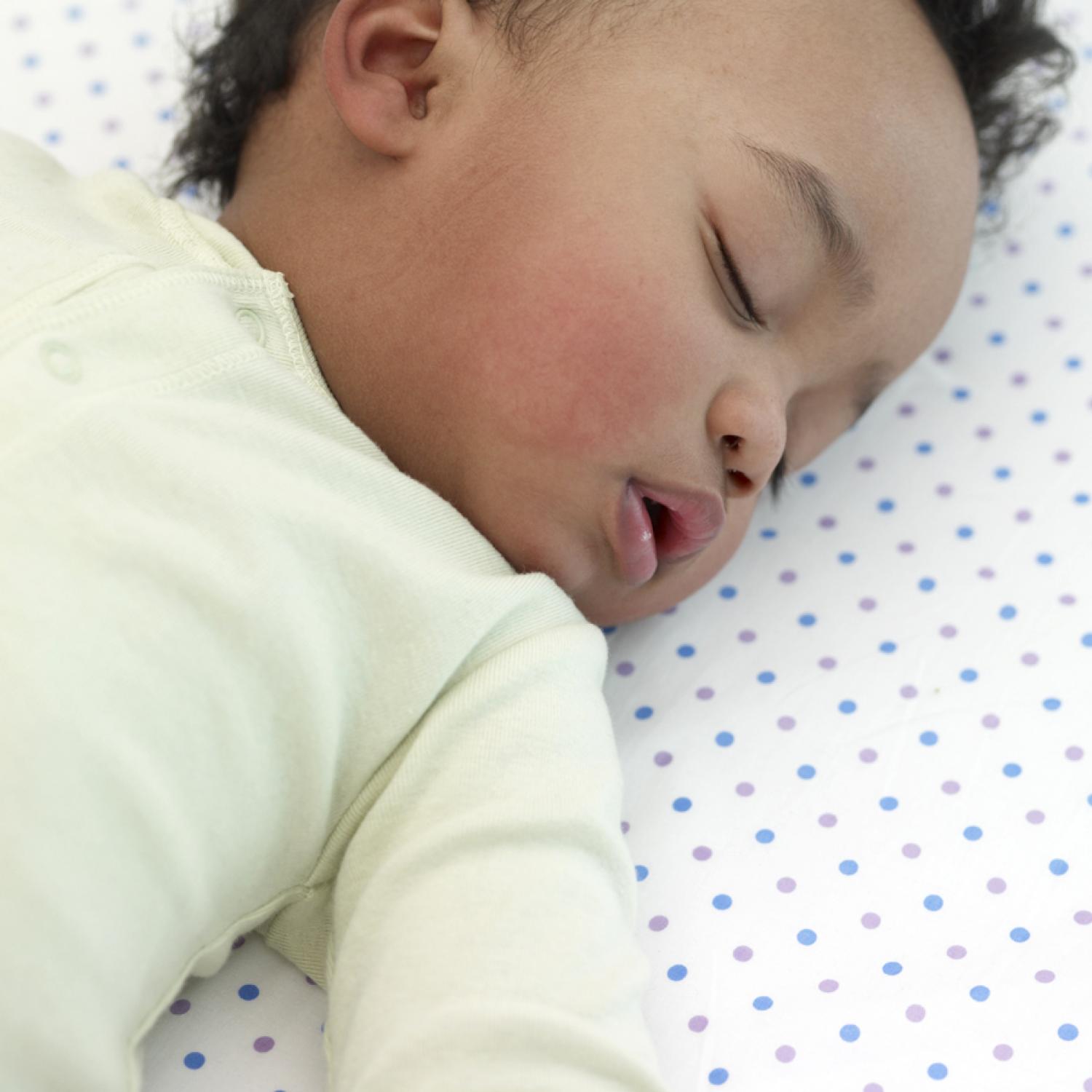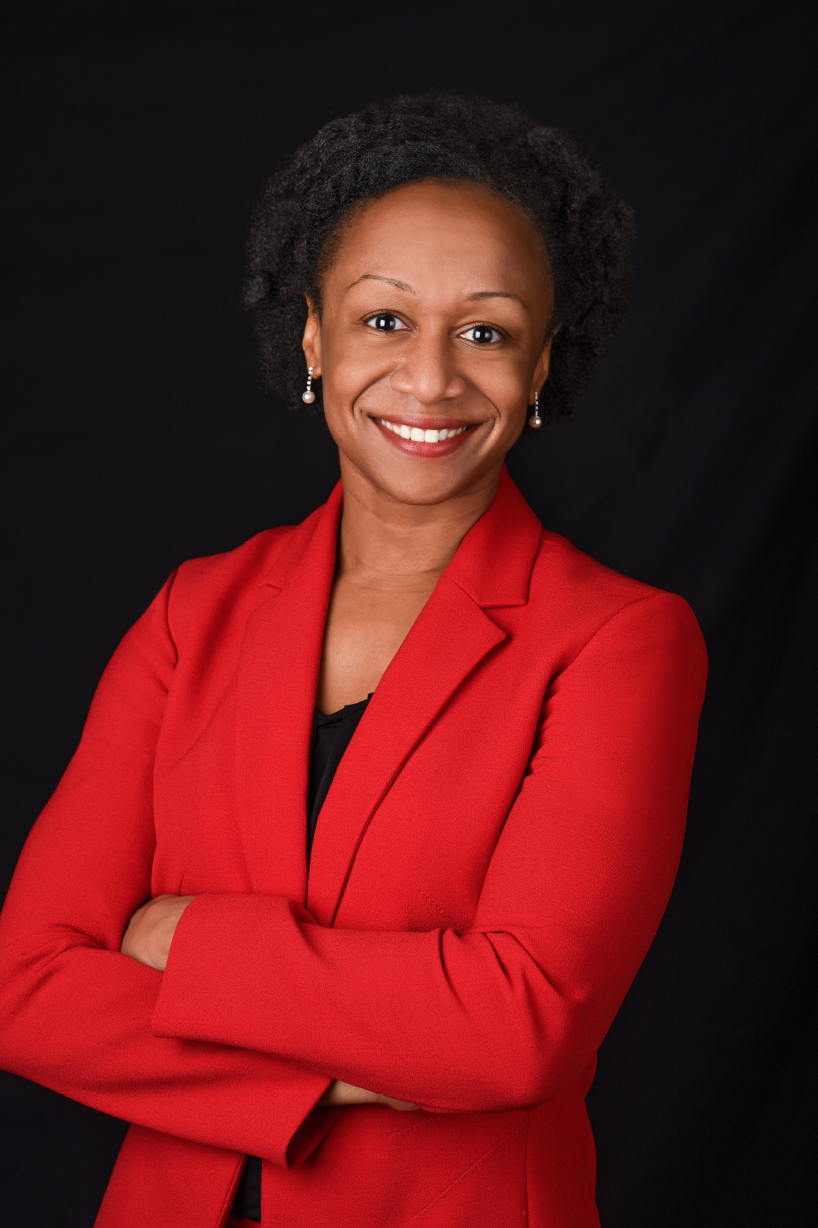
Sleep related infant death is a leading cause of death among infants under the age of 1. Infant safe sleep is a top priority in Michigan and is one of nine goals as part of the state’s Infant Mortality Reduction Plan.
 In the city of Detroit, those numbers are exceptionally high. “There are over 10,000 babies born in Detroit every year, and over 130 will die before the age of one,” said Joneigh S. Khaldun, MD, MPH, FACEP, Director and Health Officer of the Detroit
In the city of Detroit, those numbers are exceptionally high. “There are over 10,000 babies born in Detroit every year, and over 130 will die before the age of one,” said Joneigh S. Khaldun, MD, MPH, FACEP, Director and Health Officer of the Detroit
Health Department. “Detroit’s infant mortality rate is one of the highest in the country, and is worse than many countries that do not have as robust of a healthcare system as ours.”
The causes of death vary but have been narrowed down to a few categories. It was reported that 31 percent of newborn infants died due to conditions related to prematurity, 21 percent died due to birth defects and about 11 percent of premature infant deaths were due to accidents – accidents that could have been prevented
with proper knowledge and guidance. “The lives of many babies are cut short by being put to sleep in an unsafe sleep environment,” Dr. Khaldun states. “These deaths are preventable by following a few key recommendations from the American Academy
of Pediatrics.”
The primary message for parents and others who care for infants is to “Remember the ABCs of Safe Sleep.” There are three critical measures to follow when it’s time for an infant to sleep.
“A” is for Alone: Always let the baby sleep alone, never in a bed with another person where the baby could be smothered.
“B” is for on the baby’s Back: An infant should be placed to sleep on his or her back, not on his or her side or stomach.
“C” is for Crib: Always put your child to sleep in a crib with only a firm mattress and tight-fitting sheet.
“S” is for Smoke-free: Second-hand smoke is smoke inhaled while others are smoking.
You know smoking around your baby is dangerous, but did you know they can be harmed even if they aren’t in the room when you are smoking? Don’t smoke around any items that your baby will sleep with, like clothes and bedding. Second and third-hand
smoke can affect a baby’s brain, lungs and heart and will put them at risk of Sudden Infant Death Syndrome (SIDS).
Be sure to discuss these safety tips with all your baby’s caregivers, including babysitters, childcare providers and family members.